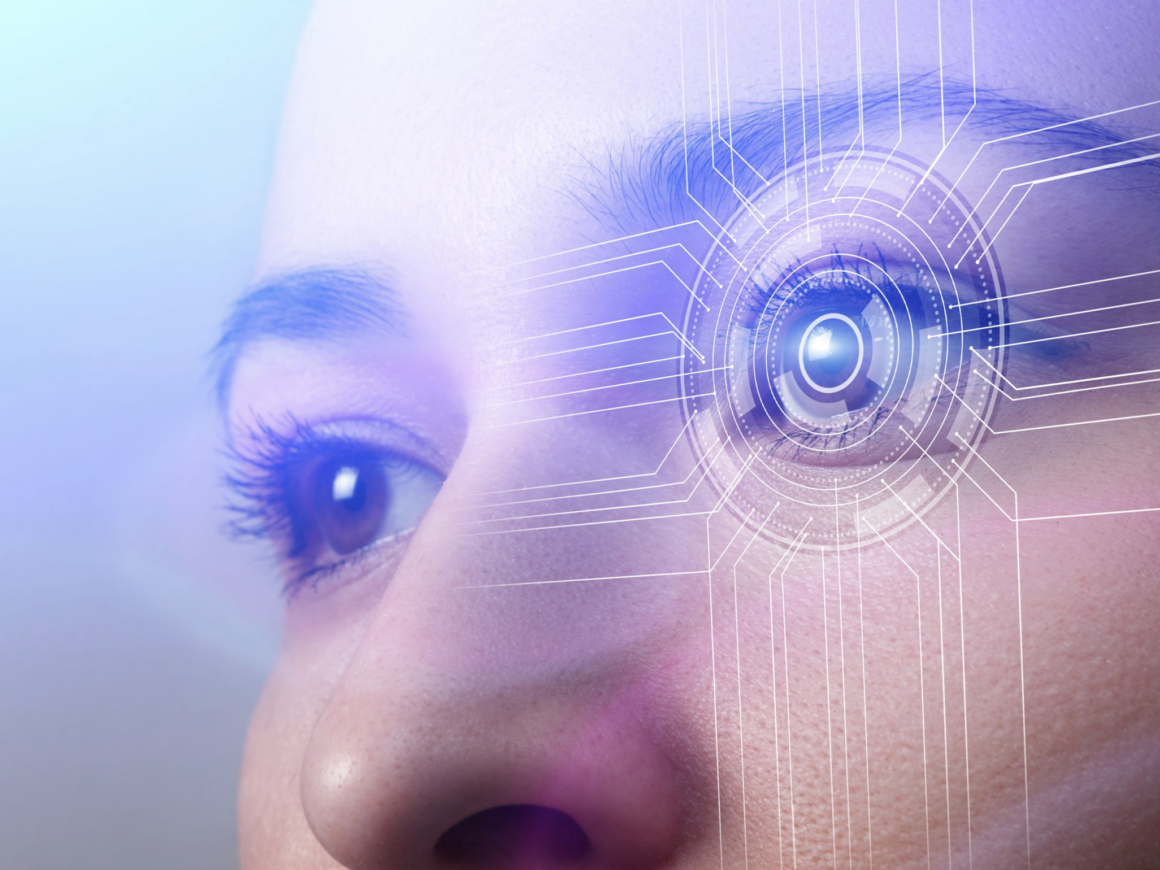Introduction
Historically, the identification of individuals has rested firmly in the hands of centralized institutions, evolving from simplistic, community-driven methods to complex state-run systems. Yet, as technology advances, we stand at the cusp of a transformative era where personal identity could become both decentralized and more secure. We explore this historical journey and ponder upon a future where individuals exert fuller control over their identities.
The Genesis of Identification
In small ancient settlements, identification was uncomplicated. People were recognized through their first names or discernible characteristics. However, as societies burgeoned, this simplistic approach proved inadequate. The adoption of last names became a norm, often derived from one’s occupation or geographical origins – such as John Smith, rooted in a profession, or John York, depicting a place of origin. In other countries and cultures last names were created based on family relationships, like Eric Gustafsson (the son of Gustaf).
As time marched on, to unmistakably identify individuals, additional layers of information were incorporated, culminating in the institution of formal identity documents overseen by government agencies.
The Trusted Third-Party Paradigm
Traditionally, a trusted third-party, invariably a government entity, has been essential to authenticate one’s identity, safeguarding society from identity theft and ensuring orderly civic functioning. This system, although largely effective, places enormous power and responsibility in the hands of state entities, potentially stifling individual liberties and privacy.
The Technological Revolution and Identity Reconfiguration
Presently, the rapid technological advancements have equipped us with tools capable of authenticating identities in unprecedented ways, including unique biometric identifiers like iris scans. Concurrently, blockchain technology has emerged as a reliable and decentralized medium for secure data storage and transaction, offering a robust alternative to traditional third-party validation systems.
We are now witnessing an era where these technologies can facilitate a paradigm shift in identification from a centralized system to one that is personalized and under individual control. For instance, a self-sovereign identity system could be envisioned where one’s critical details, authenticated through unique personal biometrics, are stored on a decentralized network, ensuring both security and personal control.
Moreover, leveraging these advanced technologies could significantly reduce administrative bureaucracies associated with centralized identity registries, fostering a system where individuals have sovereign control over their identification data, determining autonomously who can access and verify their information.
Global Governments and the Centralization Conundrum
Despite the burgeoning possibilities facilitated by contemporary technologies, many governments globally remain anchored to the traditional centralization approach, albeit integrated with modern biometric solutions. This adherence to centralization, albeit with updated technology, fosters concerns regarding potential autocratic misuse and intrusive surveillance, giving rise to an urgent call for a more decentralized, individual-centric identity paradigm. Statements, like this recent proposal by Ursula von der Leyen, President of the European Commission, shows the deep disconnect and misinterpretation of what technology is capable of and how state bureaucracy is envisioning to use it. As Abraham Maslow famously said: “If the only tool you have is a hammer, you tend to see every problem as a nail.”
It seems ever more imperative for politicians globally to cast aside ingrained belief systems and embrace the transformative potential that technology holds. Rather than merely augmenting the existing centralized apparatus with new technologies, it’s high time to rethink and remodel the entire paradigm to facilitate a more decentralized and individual-centric approach. This not only speaks to an evolution in technology but calls for an evolution in thought and governance.
Politicians need to open their minds and move away from the propensity to establish an ever-increasing centralized apparatus, and instead, champion individual responsibility and decentralized solutions. It is incumbent upon them to foster a landscape that empowers individuals with control over their identities while maintaining a robust system for verification and trust. The future demands a fresh perspective, one that sees beyond the hammer and nail approach and recognizes the multifaceted benefits of decentralized technology.
Embracing decentralization would not only alleviate fears of autocratic misuse and surveillance but could usher in an era of unprecedented personal freedom and security. As we venture into this uncharted territory, politicians have the duty to navigate us away from a hammer-and-nail mindset, towards a future oriented, and person-centric approach, in which the individual, equipped with an array of sophisticated tools, stands at the helm of their identity, steering it responsibly and safely in a world that values personal sovereignty as much as collective security. It is a pathway laden with opportunities to reimagine and reconstruct societal norms, emphasizing trust, autonomy, and the pioneering spirit of human ingenuity.
Conclusion: The Dawn of Individual Sovereignty
As we stand at this pivotal juncture in history, we must ponder on the evolution of identity management and envision a future that transcends bureaucratic impediments. A future where identity is not just a card issued by a governmental agency but a complex, personal, and secure digital construct controlled by the individual, fostered by a network that is decentralized, secure, and trustworthy.
By harnessing the potential of cutting-edge technologies like biometric authentication and blockchain, society can move towards a truly decentralized identification system, where individuals regain control and agency over their identities. This evolution not only spells the demise of oversized state registry bureaucracies but heralds a new era of freedom, security, and efficiency in personal identification.
We have before us a unique opportunity to redefine the very foundations of identity, envisaging a system grounded in personal sovereignty and facilitated by technological innovation. By embracing this change, we can forge a future where identity is not just an administrative formality but a personalized, secure, and empowering tool, nurturing a society that values individual autonomy while fostering trust and security for all. It is time to steer away from centralized controls and embrace a future of self-sovereign identity, bringing the control back to the individuals, fueling not just personal liberty but a more democratic, secure, and efficient society.
Read Also:
Redefining Business Value: How New Technologies are Shaping the Bottom Line
From Looms to Algorithms: A Comparative Glimpse into Technological Anxieties
Accelerating Forward: Investing in Innovative and Disruptive Mobility
Based on an inspiring conversation with OpenAI.






